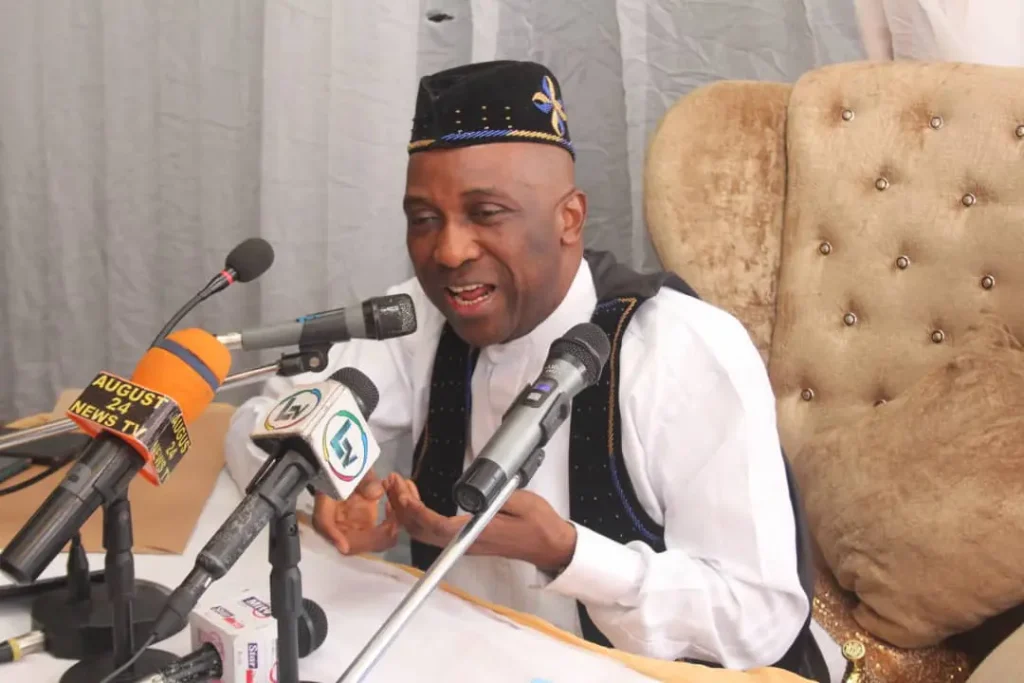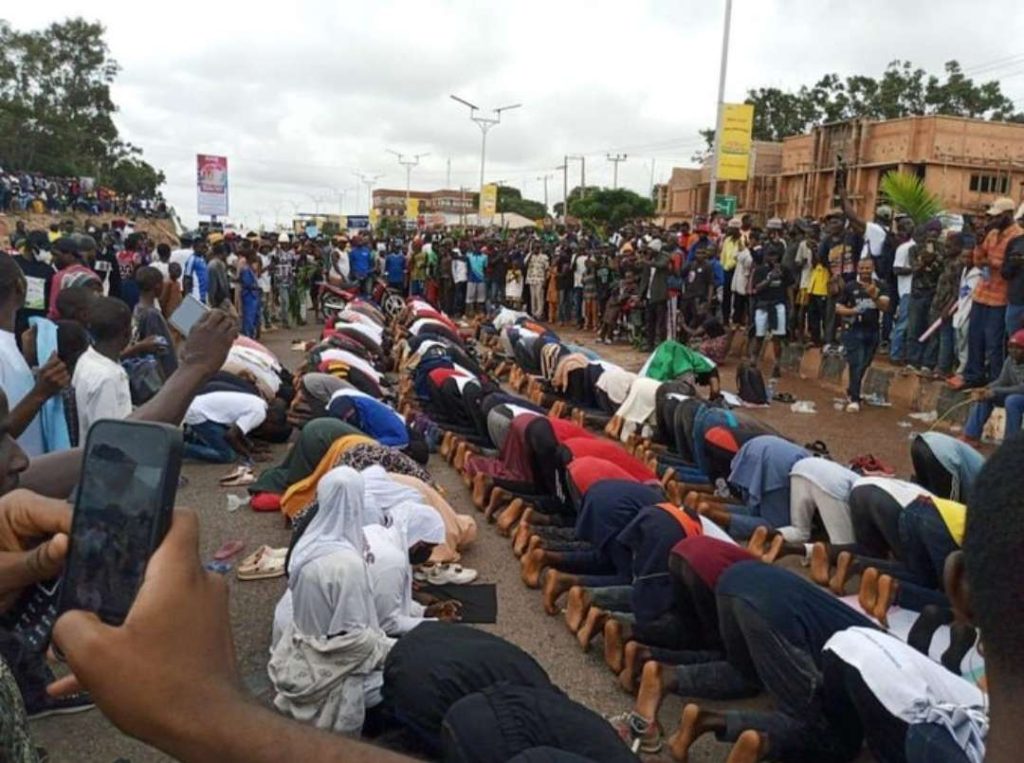
Almost a year after the Nigerian government phased out fuel subsidy, citizens have continued to face persistent fuel shortages and long lines at petrol stations nationwide.
This ongoing crisis highlights the complexities and challenges within the country’s fuel provide chain, regardless of earlier government promises of improved market competition and effectivity.
Naija Information understands that President Bola Tinubu’s elimination of the subsidy on May 29, 2023, aimed to decentralize gas imports below the Petroleum Business Act 2021, shifting control from the Nigerian National Petroleum Company Limited (NNPCL) to the private sector.
Nonetheless, the transition has been something however clean. Non-public firms wrestle to safe foreign currency for fuel imports, forcing the NNPCL back into its position as the first provider.
Regardless of the NNPCL’s assurances of a gradual gas provide, the fact on the bottom tells a unique story. In main cities like Lagos and Abuja, fuel queues have develop into frequent, with quite a few stations working dry.
This case has been worsened by logistical points corresponding to sporadic provide and operational shutdowns at numerous filling stations, brought on by elevated haulage costs demanded by tanker drivers.
The impression on costs has been stark. In some areas of Lagos, petrol costs stay mounted, whereas in others, such because the Lagos-Ibadan Expressway, costs fluctuate considerably, reaching as high as ₦645 per litre.
Comparable value hikes are noticed in Abuja, the place fuel prices range extensively, with some stations charging as much as ₦724 per litre.
The NNPCL’s spokesperson, Olufemi Soneye, urges calm and discourages panic shopping for. He attributes the tight provide to “logistical points” that he claims are being resolved.
Nonetheless, trade insiders and the Unbiased Petroleum Entrepreneurs Affiliation of Nigeria (IPMAN) inform a unique story, pointing to irregularities in provide that trace at deeper systemic issues.
The impression of those disturbances is noticeable all through the nation. As a result of shortage of taxis and buses, commuters in Abuja and different main cities discover themselves stranded or pressured to pay larger fares.
This shortage has not solely inconvenienced day by day life however has additionally fueled inflationary pressures, additional straining the budgets of Nigerian households.
In accordance with a report from LEADERSHIP, in equally dire areas like Kaduna and Maiduguri, Filling stations regularly shut or hoard fuel, hoping to promote at larger costs amid the uncertainty. This has led to a resurgence of black market exercise, the place costs can soar to ₦1,000 per litre, putting a heavy burden on customers.
Regardless of occasional reassurances from authorities officers and the NNPCL, the tip to Nigeria’s fuel woes appears distant.
Because the nation faces challenges, there’s a growing call for stable and equitable fuel supply programs, highlighting the necessity for efficient reforms within the petroleum sector.



